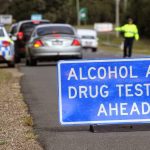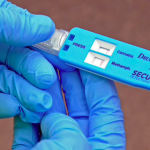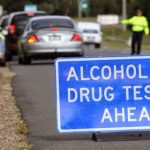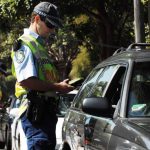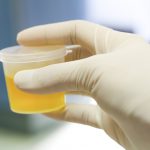NSW Drivers Will Be Tested For Cocaine
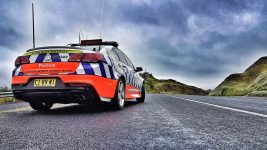
With the New South Wales road toll at its highest in eight years, the state government is introducing tough new measures including doubling the number of mobile drug tests (MDTs) and adding cocaine to the list of tested substances.
397 people died on the state’s roads in 2017, and the holiday road toll more than doubled compared with the same time last year, despite extra spending on programs marketed as road safety initiatives and more police officers on highway patrol.
New measures
Citing these figures, the government will be doubling the number of MDTs by 2020, increasing penalties for those caught driving with an illicit substance in their bloodstream, and introducing initiatives designed to reduce the risk posed by those affected by prescription drugs.
Cocaine has been added to the substances tested – a list which already includes cannabis, MDMA (‘ecstacy’) and amphetamines (such as ‘ice’).
Roads Minister Melinda Pavey claims driving under the influence of drugs has contributed to the recent rise in the state’s road toll, along with speeding and fatigue.
In December 2015, the government announced it was tripling the number of MDTs to 97,000 by 2017. That figure is set to double this year and, not surprisingly, more charges are expected to be laid.
Testing for minute traces
The state’s current MDT regime has been the subject of a significant controversy and criticism.
Unlike random breath testing for alcohol – which tests for specific concentrations scientifically proven to cause impairment – MDTs test for minute traces of drugs – so a person may be arrested and charged even if they are not impaired.
In other words, drivers are being taken off the road and sent to court even after the effects of substances have long since worn off – a regime which many believe has little to do with road safety and much to do with punishing drug users and bolstering the failed war on drugs.
The testing process
In NSW, police have the right to pull over any vehicle and ask the driver to submit to a saliva test.
If this happens and the test is positive, the driver will be placed under arrest and taken to a police station or another testing facility for a secondary swab.
If the second test comes back positive, police will issue a suspension from driving for a period of 24 hours.
The secondary sample will then be sent to a government testing laboratory and, if the positive reading is confirmed, the driver will be issued with a court attendance notice and sent to court for drug driving.
Going to court for a traffic offence?
If you are going to court for a traffic offence, call or email Sydney Criminal Lawyers anytime to arrange a free first consultation with an experienced, specialist traffic lawyer who will accurately advise you of your options, the best way forward, and fight for the optimal outcome in your specific situation.

